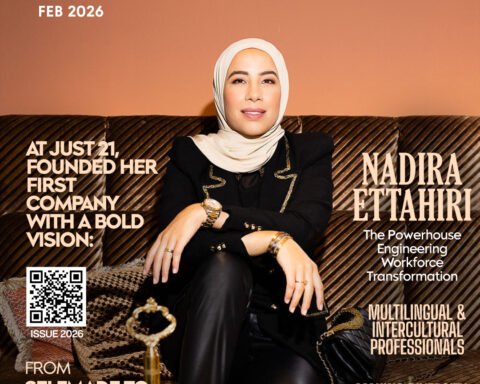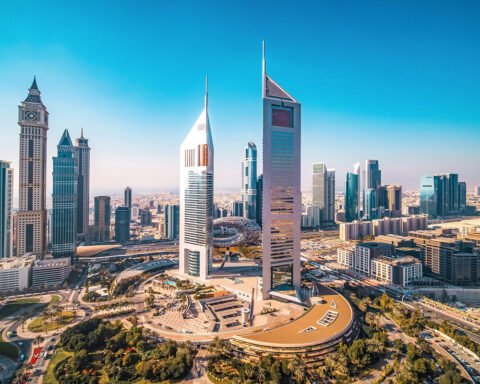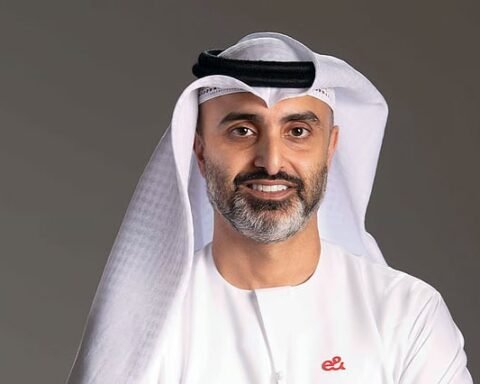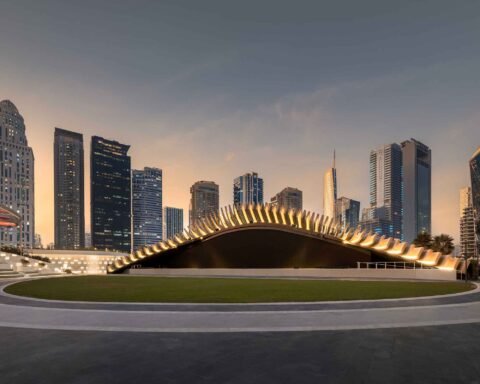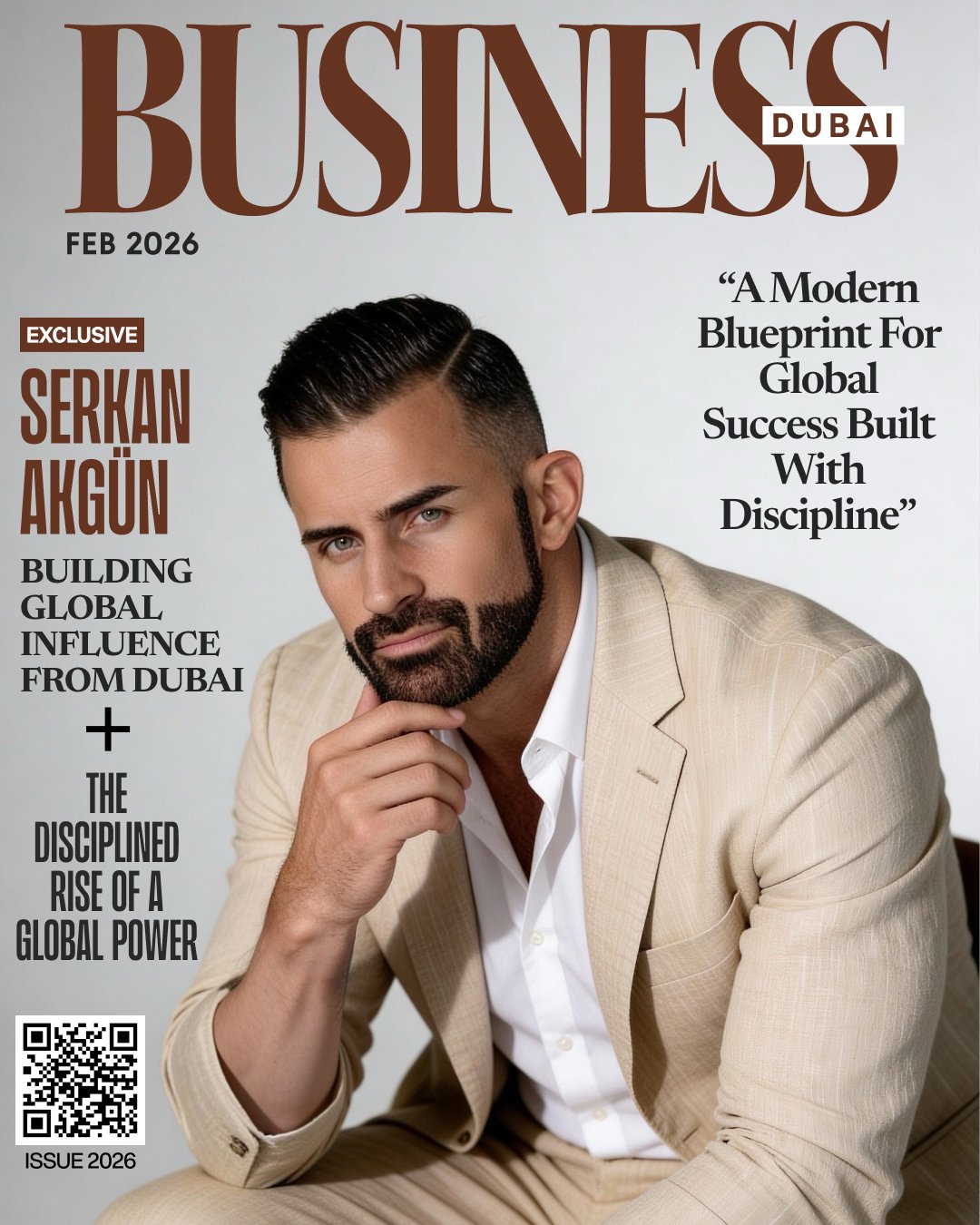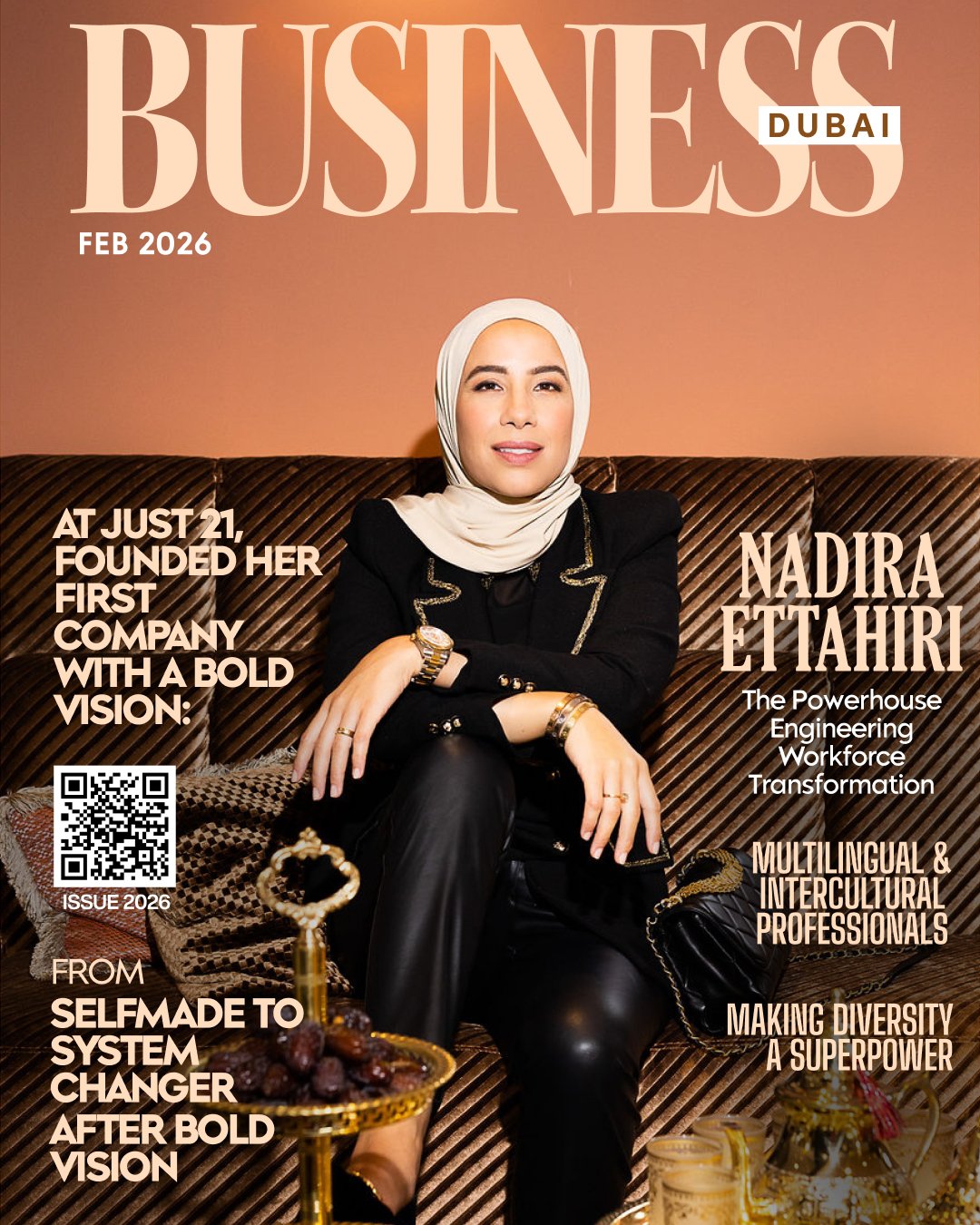
Dubai Court Raises Billionaire Abu Sabah’s Fine to Dh150 Million in Landmark Money Laundering Case
Court upholds prison sentence and deportation while imposing joint Dh150m fine in one of UAE’s largest financial crime cases
by Allen Cot
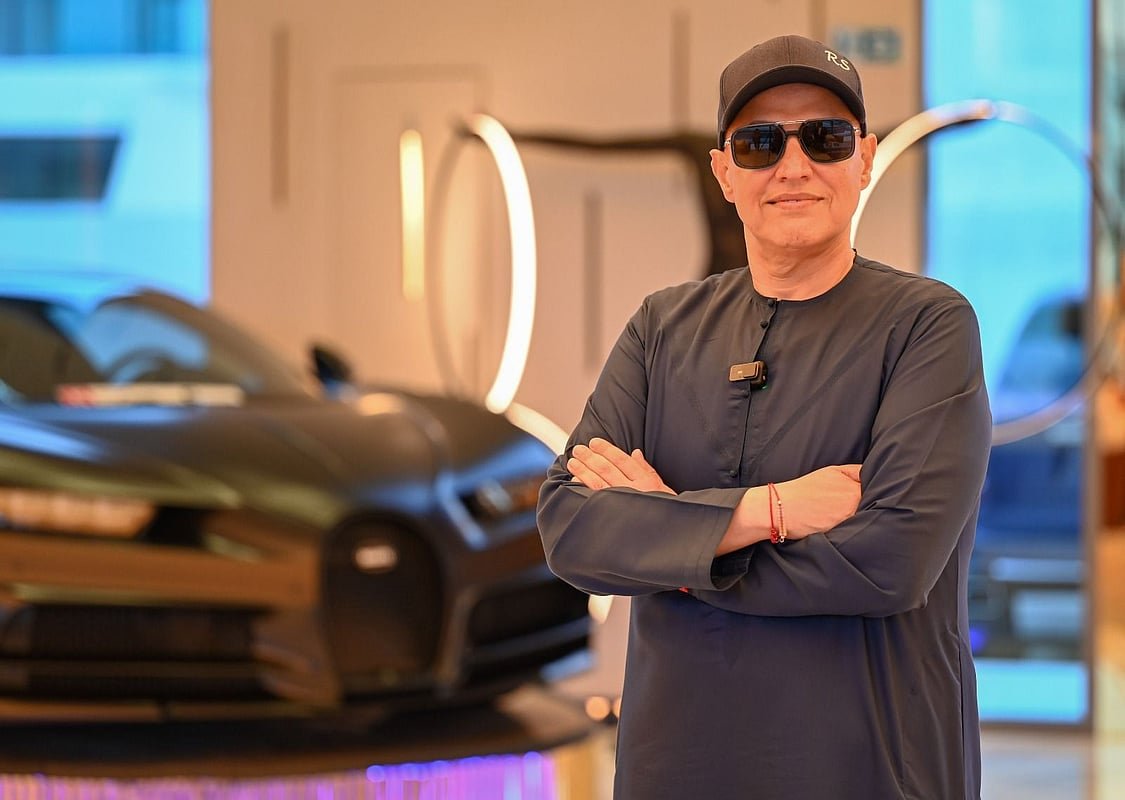
Businessman Balvinder Singh Sahni, known for his flamboyant lifestyle and lavish purchases, faces one of the UAE’s largest financial crime penalties
Dubai’s Court of Appeal has increased the fine against Indian businessman Balvinder Singh Sahni, popularly known as Abu Sabah, to Dh150 million in a high-profile money laundering case that has been described as one of the largest financial crime trials in the UAE’s history.
The appellate court upheld the initial ruling, which included a five-year prison sentence, a personal fine of Dh500,000, and deportation after serving the sentence. In addition, authorities ordered the confiscation of Dh150 million in criminal proceeds, along with computers, phones, and other items seized during investigations. Three companies connected to the case were also fined Dh50 million each.
One of the UAE’s Largest Financial Crime Cases
The case involved 33 defendants, including Sahni’s son, accused of setting up shell companies and conducting suspicious transfers to move illicit funds within and outside the UAE. Investigators determined that the group laundered money as part of an organised criminal network, while also concealing assets believed to be of illegal origin.
While 11 defendants were convicted in absentia and handed five-year sentences, others received one-year jail terms and lighter fines. Several attempted to appeal, arguing the case was linked to illegal cryptocurrency trading rather than money laundering. However, the appellate court rejected most pleas, ruling instead that all defendants must now jointly share responsibility for paying the Dh150 million fine, while other punishments remain unchanged.
From Dubai’s Elite Circles to the Courtroom
Once celebrated in Dubai’s social and business elite, Sahni was better known for his flashy lifestyle and fascination with luck than for his corporate dealings. In 2016, he famously spent Dh33 million at a public auction to acquire Dubai’s coveted single-digit license plate “5.”
His Palm Jumeirah mansion, adorned with gold-plated interiors and luxury cars, became a symbol of extravagance. Known for his attachment to “lucky” numbers and protective symbols, Sahni once parked a black Bugatti inside his home, believing the colour would ward off the “evil eye.”
Often seen wearing traditional Emirati attire paired with a baseball cap, Sahni projected an image of a wealthy, spiritual entrepreneur, frequently invoking divine blessings and his mother’s prayers.
A Fortune Built on Ambition
Born into a wealthy family in Kuwait, Sahni made his first fortune in spare parts and tyres before moving to Dubai in 2006, where he established the RSG Group of Companies. His rise was marked by ambition and a single-minded focus on wealth creation.
“I have one passion,” he once remarked. “Making money.”
Now, with one of the UAE’s most significant financial crime rulings against him, Sahni’s empire faces a reckoning — and his legacy, once built on luxury and luck, is overshadowed by a landmark conviction.
Post Views: 1,219




